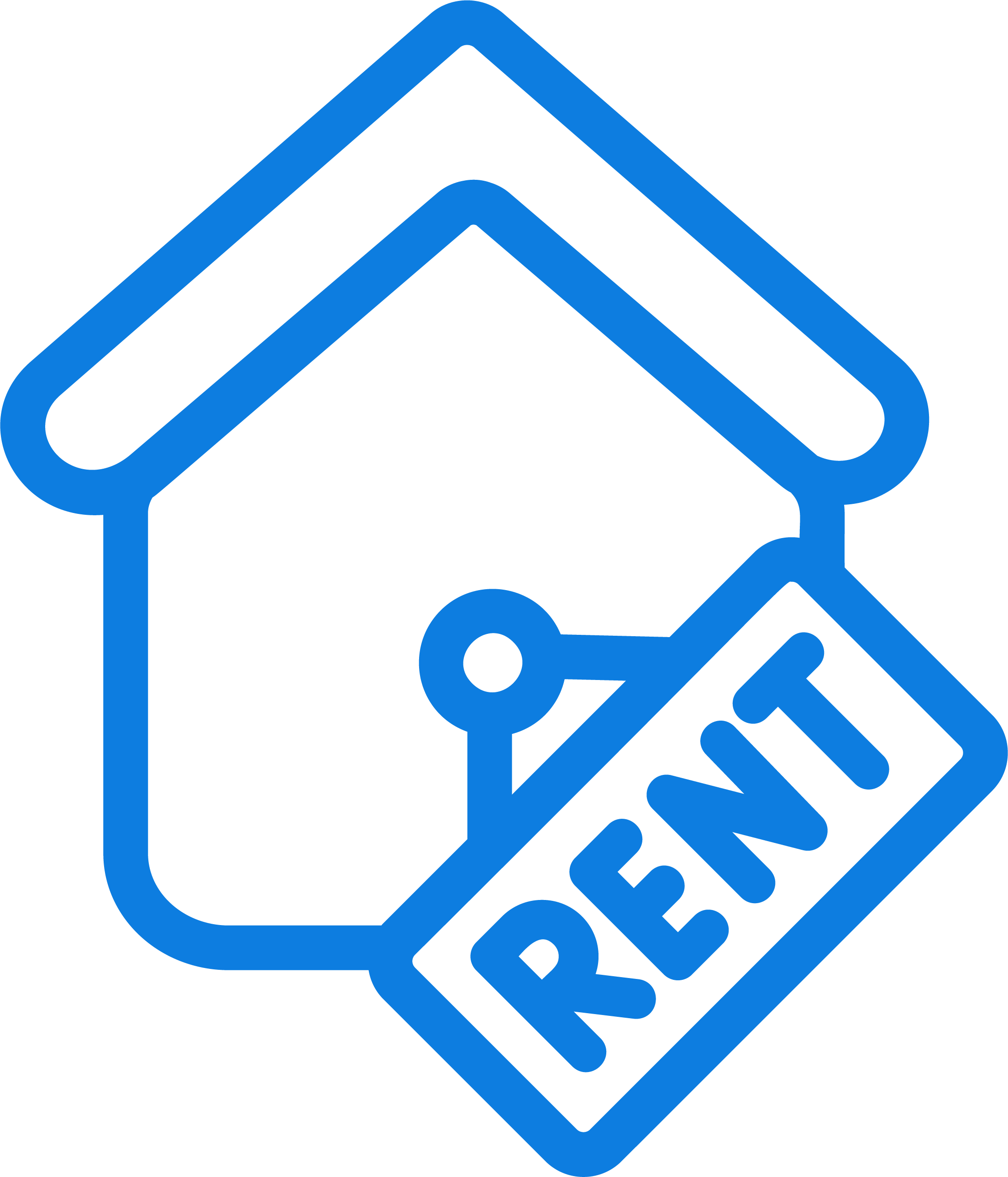invest in your future
BUY-TO-LET
MORTGAGES

tell me about
Buy-to-Let Mortgages
A buy-to-let mortgage could be the financial tool you need to turn your property investment dreams into reality.
Whether you’re a first-time landlord or looking to expand your existing property portfolio, understanding the ins and outs of buy-to-let mortgages is essential for making informed decisions and maximising your rental income potential.
What are Buy-to-Let Mortgages?
Buy-to-let mortgages are specifically designed for individuals who wish to purchase a property with the intention of renting it out. Unlike standard residential mortgages, buy-to-let mortgages are tailored to meet the needs and requirements of landlords. They typically offer different terms, rates, and lending criteria compared to mortgages for owner-occupied properties.
key features of
Buy-to-let Mortgages
A limited company buy-to-let (BTL) property is a type of property investment where a property is purchased and rented out through a limited company rather than by an individual. Here are some key aspects:
- Ownership Structure: Instead of owning the property personally, the property is owned by a limited company. This means the company is the legal owner and is responsible for managing the property and any associated income or expenses.
- Tax Advantages: One of the main reasons investors choose this structure is for potential tax benefits. Limited companies can benefit from lower corporation tax rates compared to higher personal income tax rates. Additionally, mortgage interest is generally tax-deductible for companies, which is not always the case for individual landlords.
- Income Distribution: Profits made by the company can be distributed to shareholders (such as the property owner) as dividends. However, these dividends are subject to personal tax, so it’s important to consider the overall tax implications.
- Limited Liability: Operating through a limited company provides limited liability protection. This means that the company’s debts and liabilities are separate from the personal finances of its shareholders and directors.
- Mortgage Considerations: Securing a mortgage for a buy-to-let property through a limited company can be more complex. Lenders often have stricter criteria and may charge higher interest rates compared to personal buy-to-let mortgages.
- Administrative and Compliance Costs: Running a limited company involves additional administrative tasks and costs, such as filing annual accounts, corporation tax returns, and complying with company regulations.
- Capital Gains Tax: When selling a property owned by a limited company, any gains are subject to corporation tax rather than capital gains tax. This can sometimes be advantageous, depending on the tax rates and thresholds.
Investing in buy-to-let properties through a limited company can be beneficial for some investors, but it’s important to weigh the potential advantages against the additional complexities and costs. Consulting with a financial advisor or tax specialist can help determine if this structure is the right choice for your investment strategy.
MAKE AN ENQUIRY

"I cannot recommend RH Financial Services highly enough. Their expertise and professionalism have been a game-changer for my financial planning. From the very first consultation, it was clear that they genuinely care about their clients' financial well-being, providing personalised advice and strategies tailored to my specific needs. Their team is always responsive, patient, and willing to go the extra mile to ensure I fully understand my options. Thanks to RH Financial Services, Truly exceptional service!"
JAMES & DAN
York



























